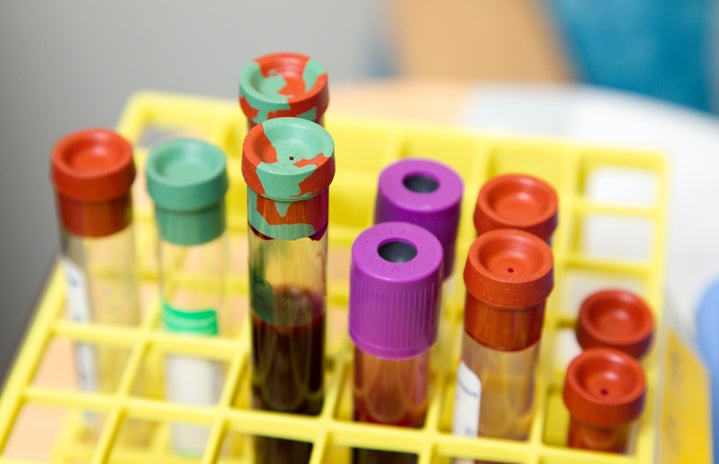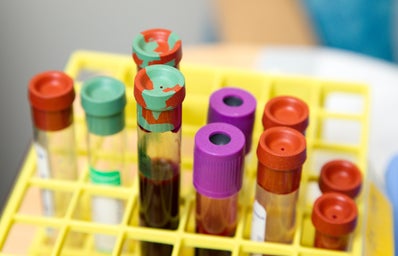COVID-19, the virus that has infected 3.25 million people as of April 30, has forced people to cancel almost all events and close most businesses. Pharmaceutical companies have shown that there may be an effective vaccine within the next year. Vaccines typically take between five to 10 years to safely invent, test and manufacture, but the urgency of resolving COVID-19 has pushed those numbers to potentially one year. The virus has forced about 30.3 million people to apply for unemployment and thousands of small businesses to scramble for loans and grants from the federal government. The rising unemployment has caused frustration among Americans, which has led to protests around the country.
A recent interview with Dr. Anthony Fauci on the Today Show shows him claiming that a vaccine available to the public is “doable” by January 2021 “if things fall in the right place.” He also mentioned that, in January of this year, he predicted that a vaccine would take between one year and 18 months. A vaccine in January 2021 would almost be one year since the virus was first reported to the World Health Organization (WHO) on Dec. 31, 2019.

While there is no vaccine today, there have been drugs proven to shorten the duration or lessen the symptoms of the virus. A promising drug is Remdesivir, first created to fight the Ebola outbreak in 2014. The clinical trial found that coronavirus patients with respiratory symptoms recovered 31 percent faster than those who did not take the drug. Peter Pitts, the former associate commissioner of the FDA, said that the drug is most effective for the “desperately ill” population and will not be sold outside of the hospital. He said that “this is not a drug for everyone.”
With no vaccine, it is still very possible to contract and transmit COVID-19 and feel the symptoms. The World Health Organization continues to recommend that the public wash their hands frequently and avoid touching one’s face, as the face is where viruses are most likely to enter the body. They also recommend self-isolating should you feel any symptoms like a cough or mild fever. The United States Centers for Disease Control continue to recommend that people wear face masks or face coverings in public for the safety of you and those around you.
Want to see more HCFSU? Be sure to like us on Facebook and follow us on Instagram, Twitter and Pinterest!



